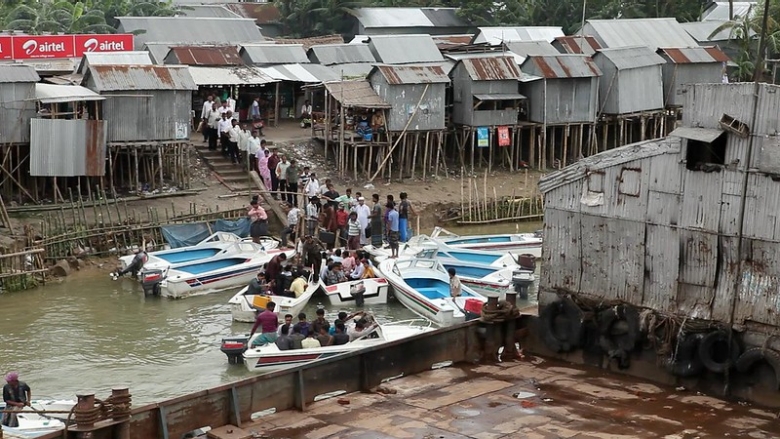Low-income countries will have a much harder time putting their economies in a “medically induced coma” in response to the coronavirus pandemic (COVID-19). They are home to many of the extreme poor, who, for the most part, have no option but to live in overcrowded conditions with limited access to clean water and sanitation. They work in the informal sector, often for a daily wage, depend heavily on public service provision, and have limited savings and no access to credit. For many, staying at home is not a viable option, and not working comes at the expense of food and other necessities.
Therefore, as is widely acknowledged, low-income countries (LIC) face especially difficult choices when it comes to the response to COVID-19. As opposed to widespread lockdowns, we argue in this note[PDF] that a policy of “smart containment,” based on the idea of graded lockdowns, can work, if accompanied by considerable policy flexibility and intense data support. We present a three-part argument. First, we highlight reasons why a policy of wholesale lockdowns will be costly and potentially harmful for many, especially the poor. Second, we describe a policy of smart containment. Third, we discuss what it implies in terms of government actions.

